Throughout the week, our team posts articles to a channel in Slack called #read-this. This helps us stay up to date on the ongoing trends in food mobility – the equitable and sustainable movement of nutrients through communities, from cultivation to consumption and value recovery.
The pandemic has caused some already struggling industries to flatline and it’s been frankly, hard to watch. However, amidst some of the most uncertain times we’ve been a part of, communities, businesses and industries are becoming more resilient than ever.
This week’s #read-this is centered on resilience and shares stories of opportunity to help others, to improve infrastructure and to redesign them sustainably.
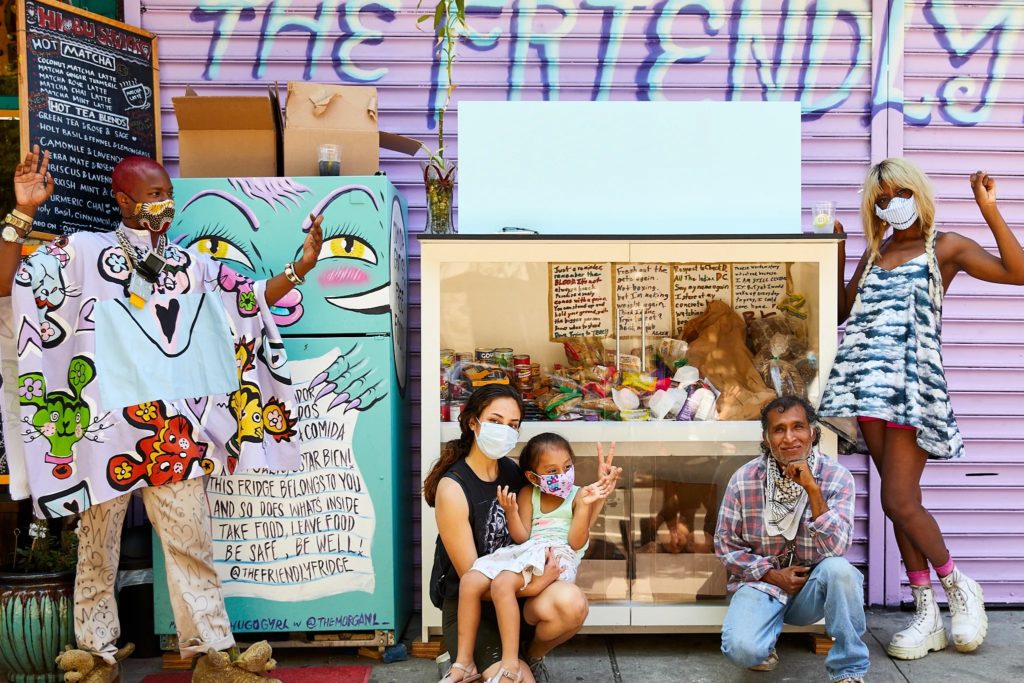
1. The Secondhand Refrigerators Feeding New Yorkers
It’s estimated that Americans throw away 30-40% of their food supply each year. At the same time, food security is a growing crisis of its own. Amidst a very difficult four months, New Yorkers have found a way to tackle food waste even in pandemic times. A group of over 140 volunteers have installed and filled over a dozen sidewalk refrigerators plugged in outside of bodegas and apartment buildings offering free fresh food to anyone who would like it.
The food is sourced from leftovers at restaurants and bakeries, supermarkets, food pantries and local farms. Occasionally, it’s from a local neighbor who overbought at the store. The system is built entirely on mutual trust and an understanding that people will take what they need and leave what they don’t.
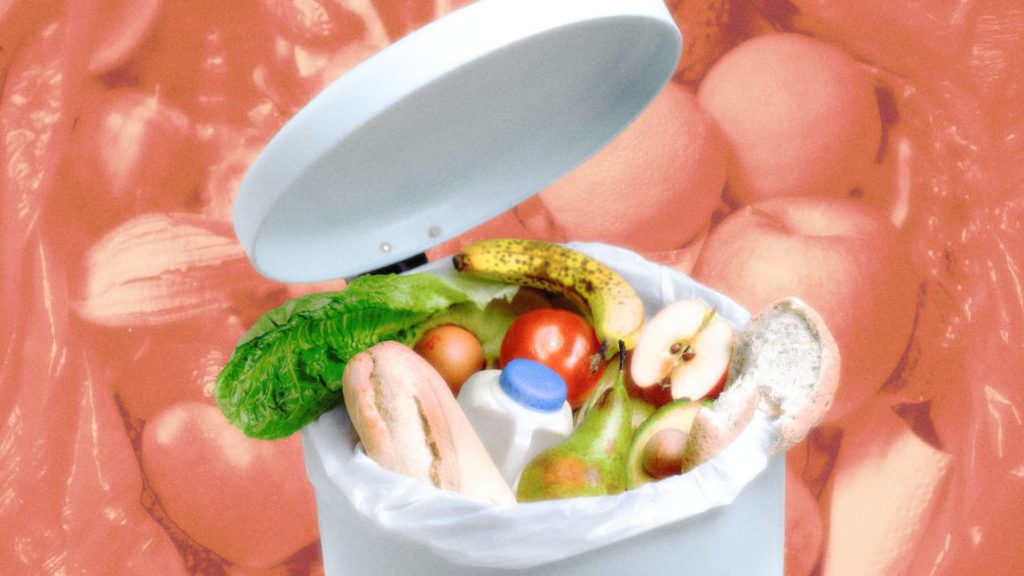
2. Vermont just banned food waste In trash. Here’s how it works.
Speaking of systems built on trust, the state of Vermont is instituting a ban on food waste but doesn’t plan to be digging through trash cans to reinforce it. It assumes its residents care enough about composting to make it a success.
This is the first state to implement a statewide ban on food waste at the consumer level and will hopefully help them accomplish their goal of diverting 50% of their landfill waste to other facilities.
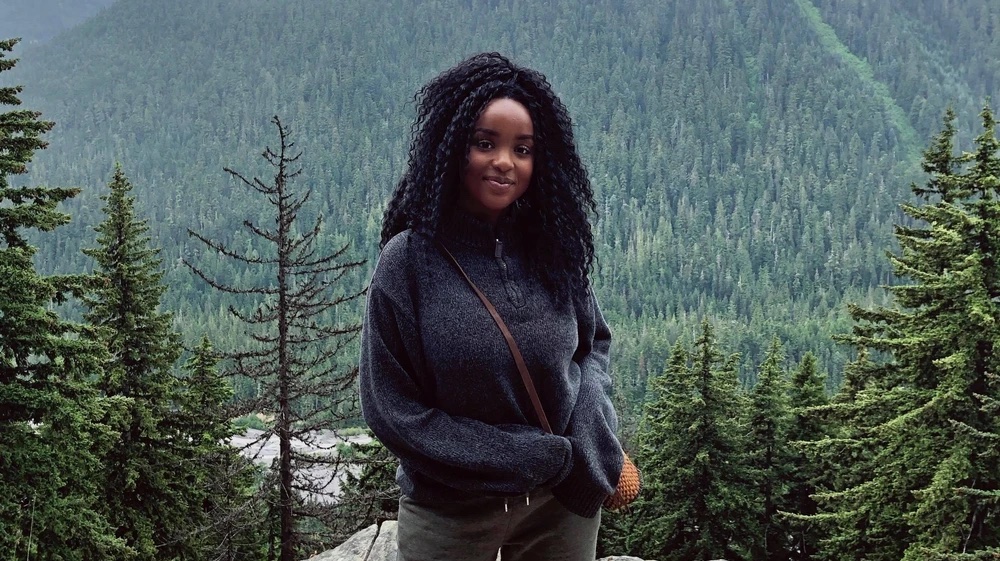
3. It’s Time for Environmental Studies to Own up to Erasing Black People
A few weeks back, we shared a roundup of articles around food equity, particularly focused on the black community and their profound impact on the entire food system in the United States. This article is focused on the ways white supremacy is baked into environmental studies and communities, including what we can do to repair that.
Gatheru writes, “This erasure goes beyond the classroom. Mainstream, white-centered environmentalism designs the way the community operates and informs what—and whom—is funded, prioritized, and supported.”
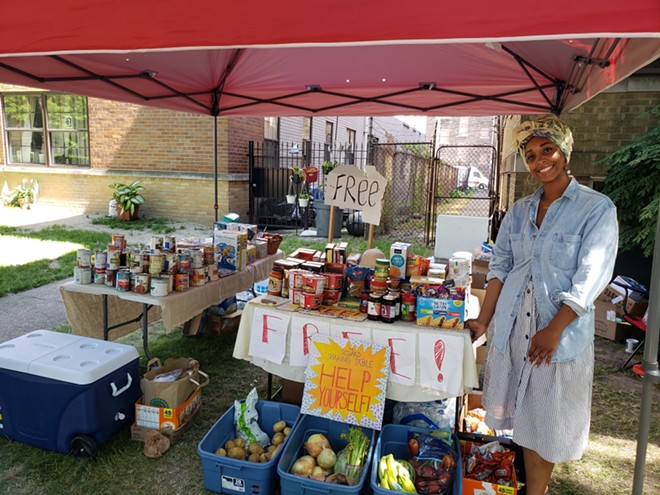
4. Detroit Musician Created Sharing Table in New Center as a Response to Grief and Disruption
“For Waterman, she wanted there to be a way for her to grieve and disrupt the system at the same time.”
Detroit Musician, Waterman is providing a concept similar to the refrigerators in New York, but instead on a table outside of her New Center apartment, sharing food for anyone who would like it. Food is provided by donation and has been an amazing resource for the community during a time of great instability.
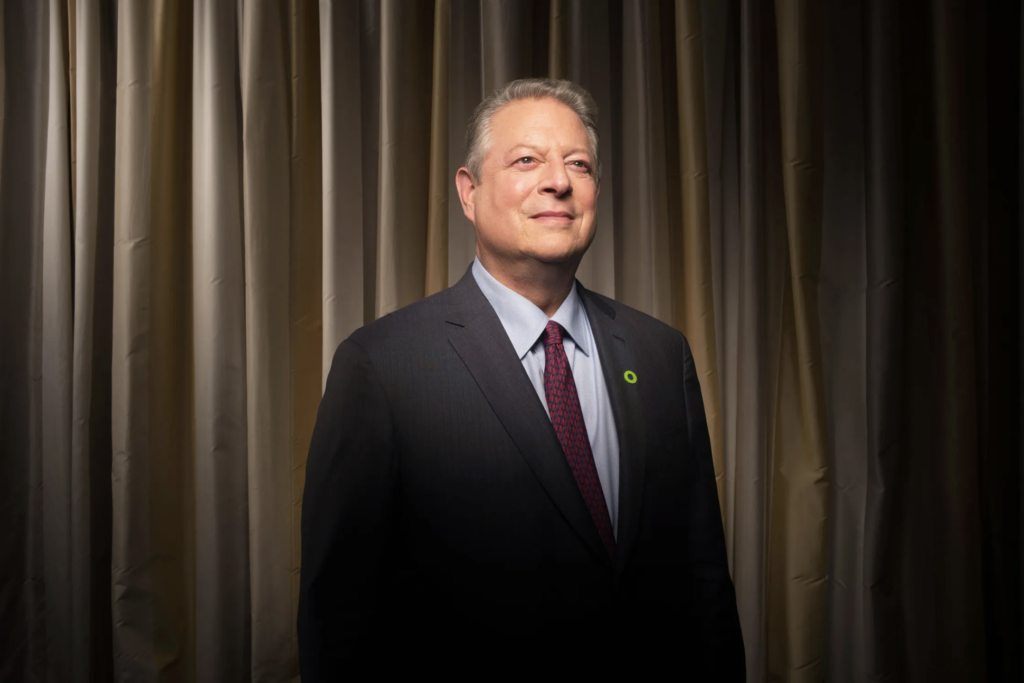
5. Global Warming. Inequality. Covid-19. And Al Gore is …Optimistic?
Al Gore has spent most of his life working to slow the trend of climate change and grow the level of concern around our planet. His firm recently released their fourth Sustainability Trends Report and for the first time, it seems optimistic.
Gore says, “we have found a growing awareness that the world’s collective social and economic faith is inextricably linked to that of the natural world.”
His comments discuss how the coronavirus pandemic has highlighted a few things, namely the growing desire to pay attention to scientists and racial and economic inequities. He thinks this new focus will necessitate a change to our global economy that will be more resilient, sustainable and earth-friendly.
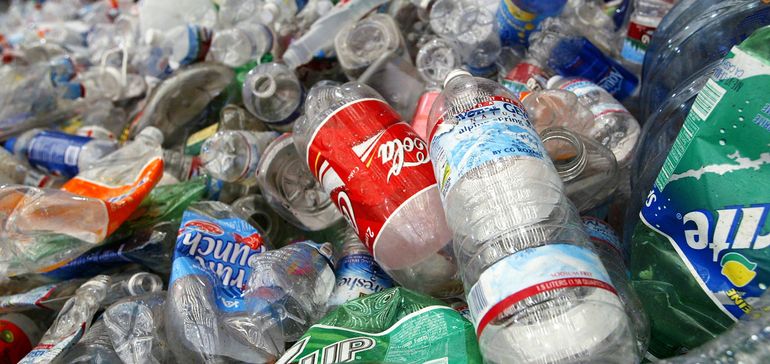
6. Major Brands Extend $54M Investment with Closed Loop Partners Despite Pandemic
Even amidst a pandemic, corporations are putting $54 million into million into the Closed Loop Infrastructure Fund (CLIF) for another five years. This investment is focused on bolstering recycling infrastructure and technical innovation around post-consumer recycled material.
Investors include those formerly part of the fund: 3M, Coca-Cola, Colgate Palmolive, Johnson & Johnson Consumer Health, Keurig Dr. Pepper, PepsiCo, Procter & Gamble, Unilever, and The Walmart Foundation. New investors include Amazon, Danone North America, Danone Waters of America, Nestlé Waters North America, and Starbucks.

